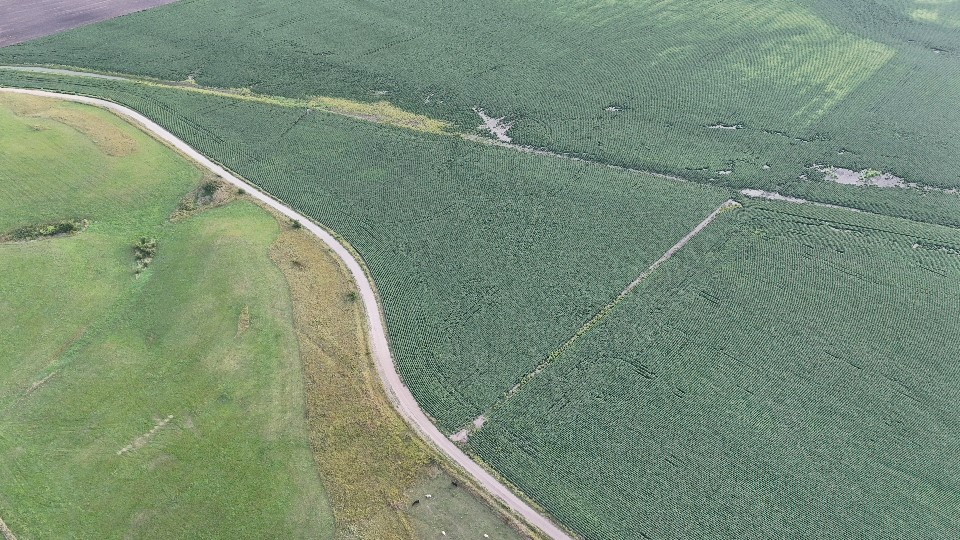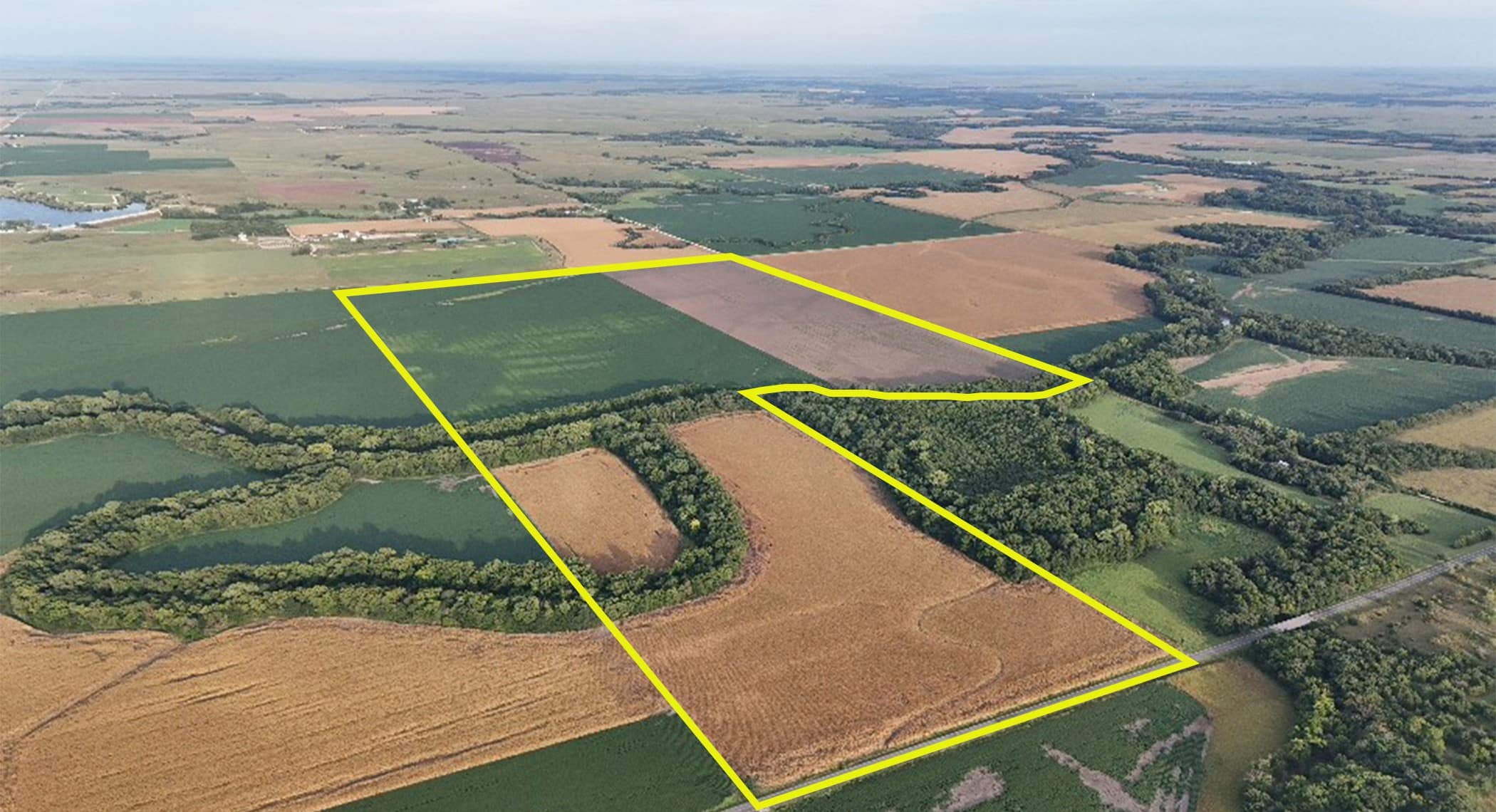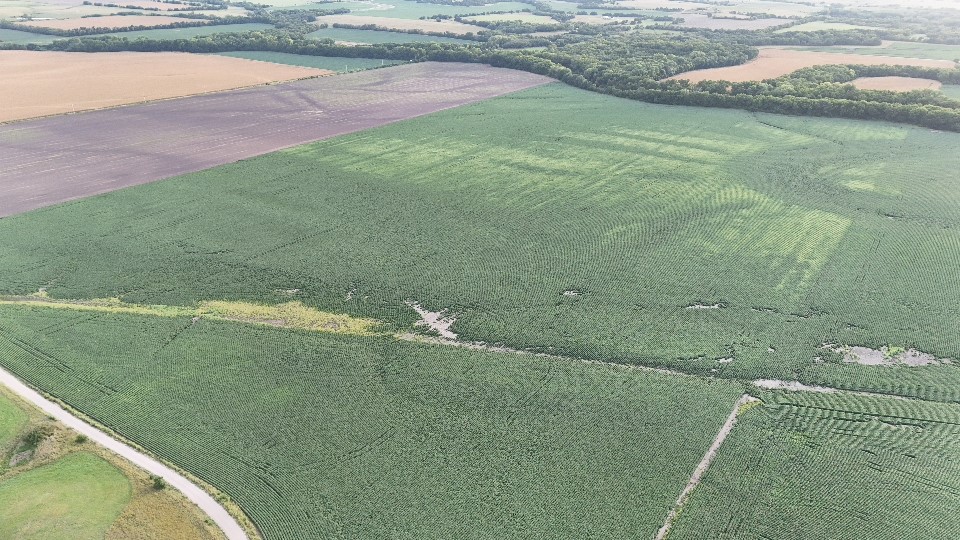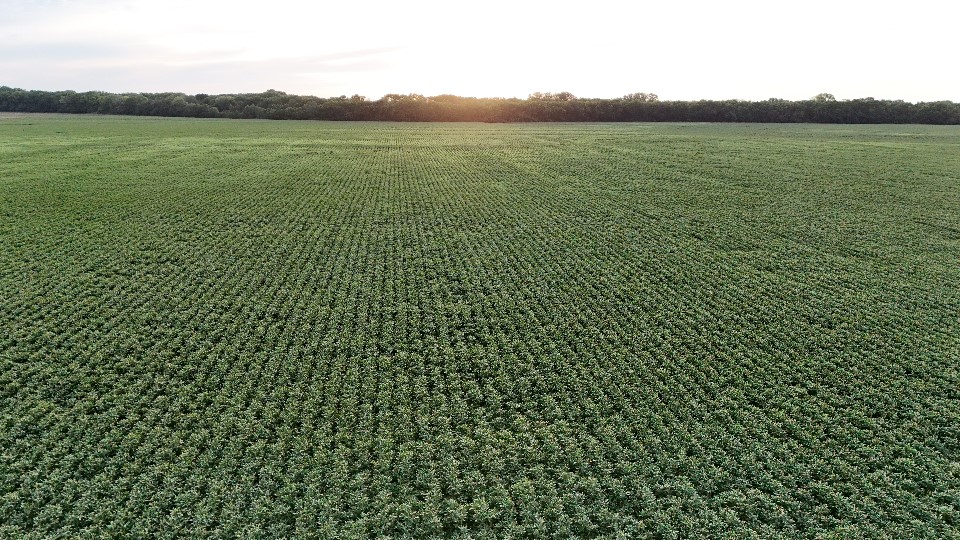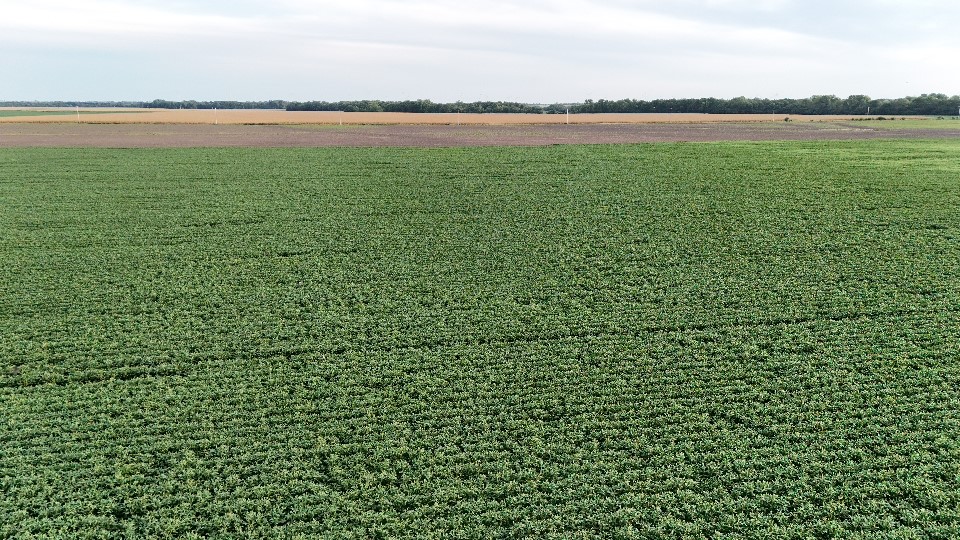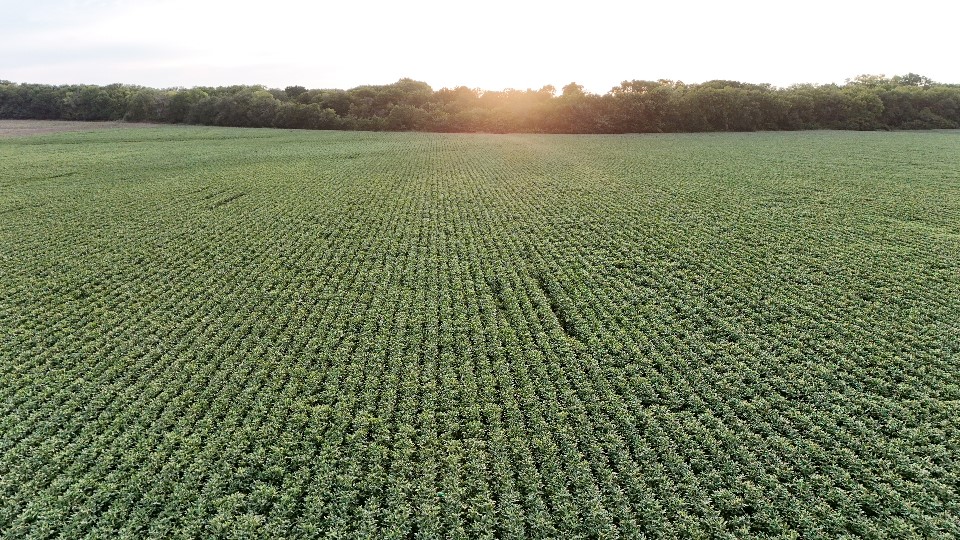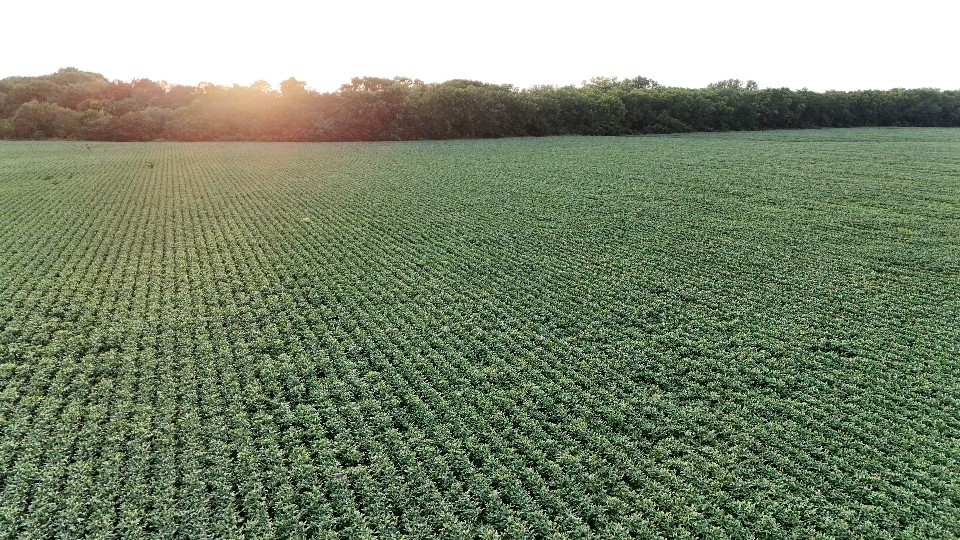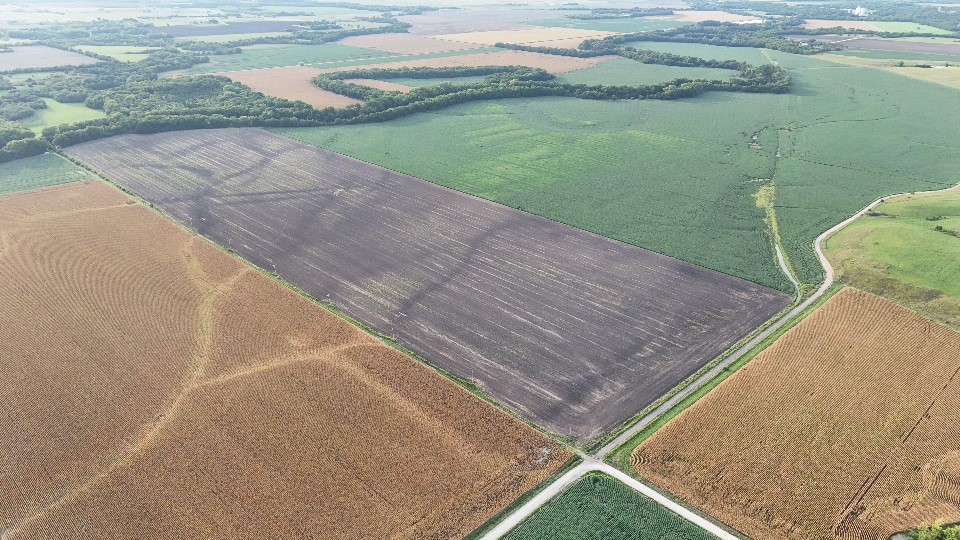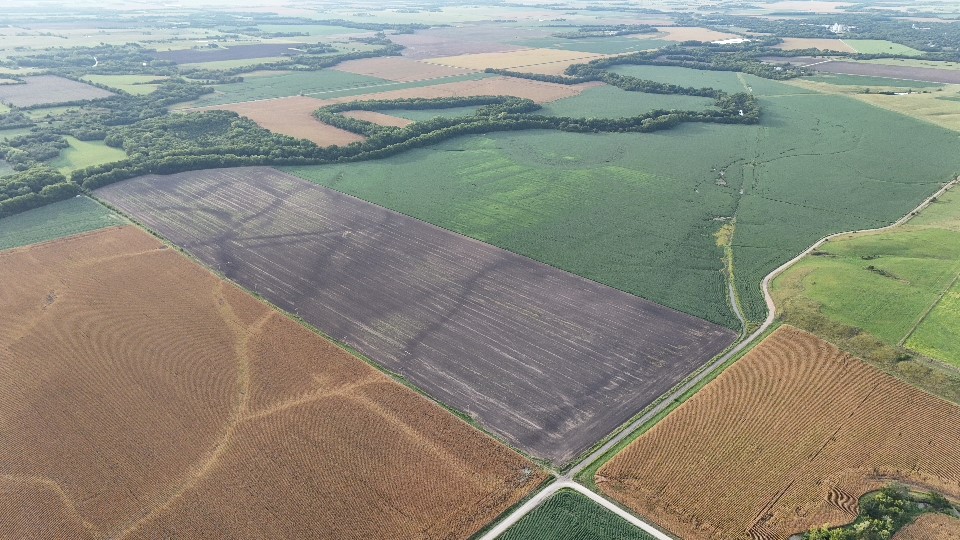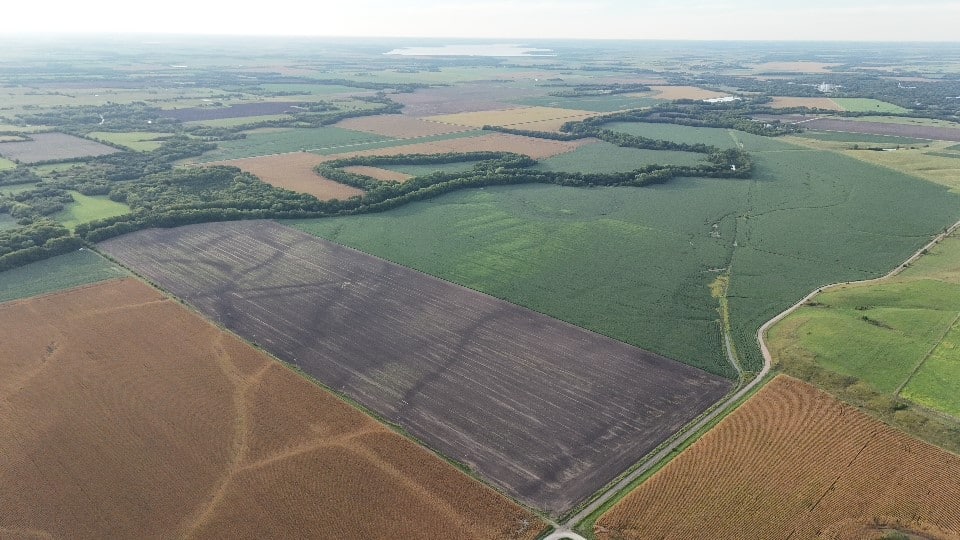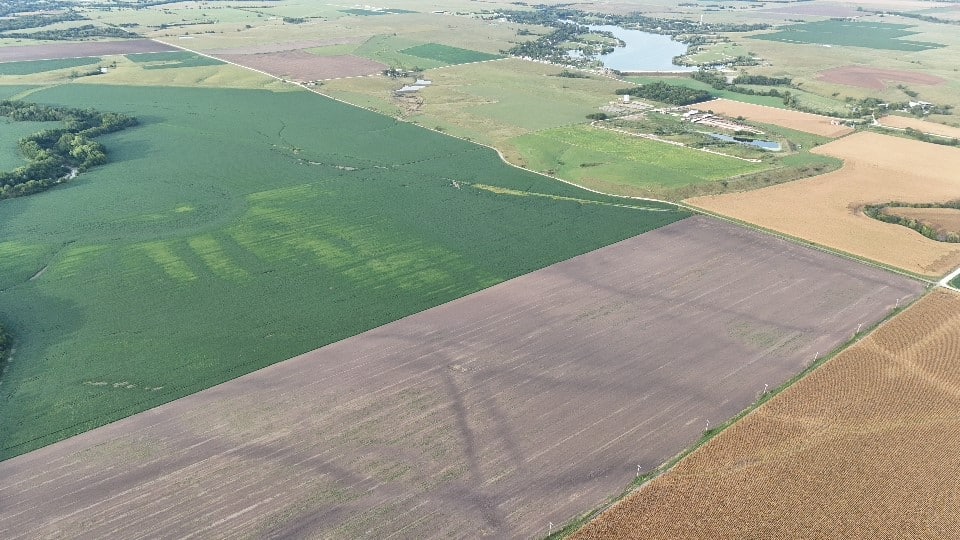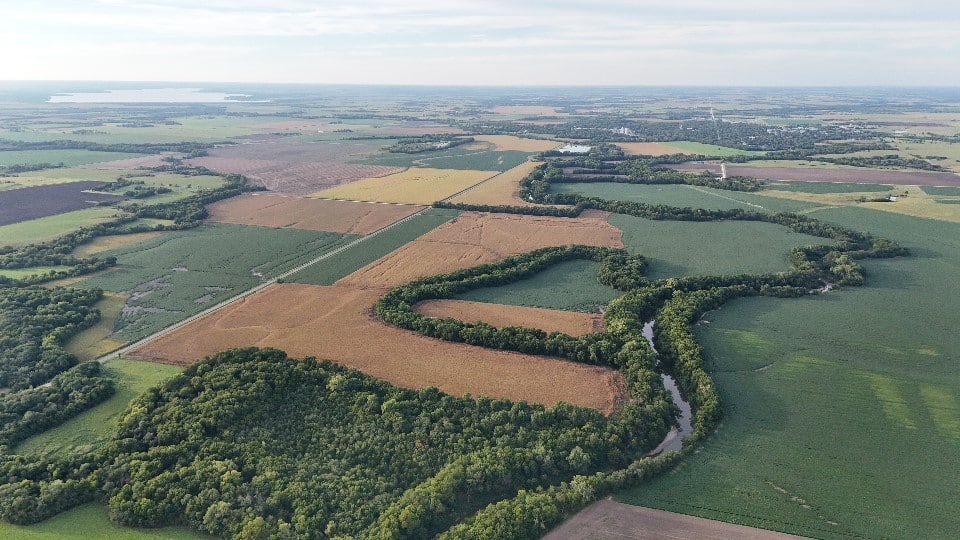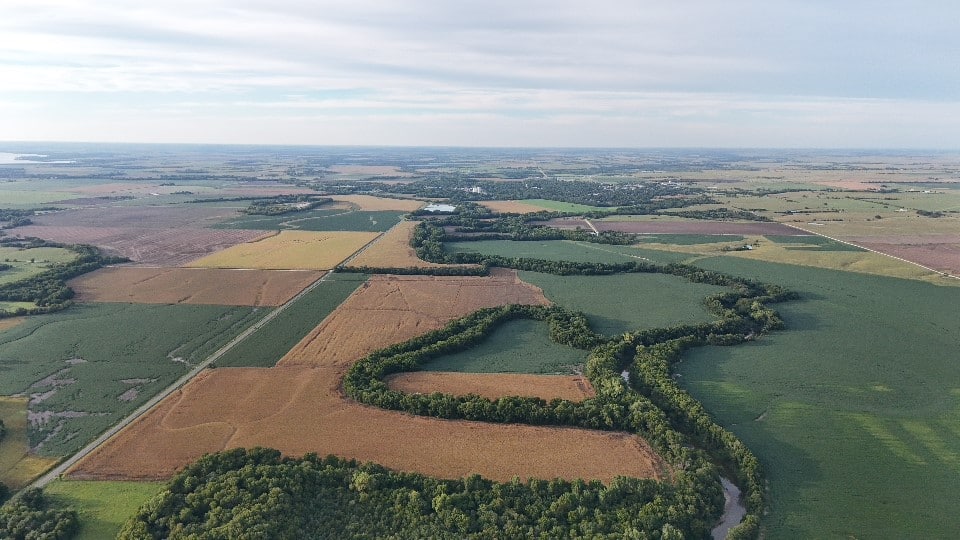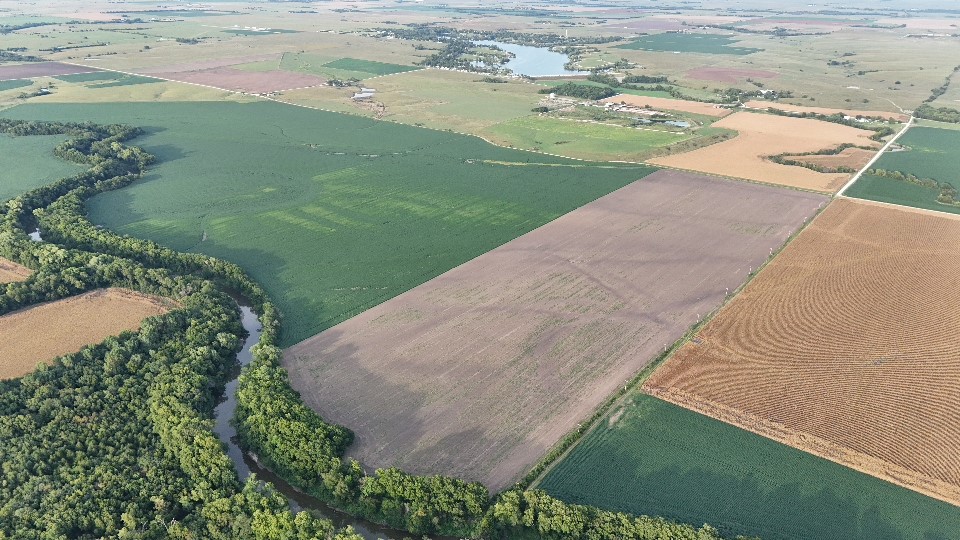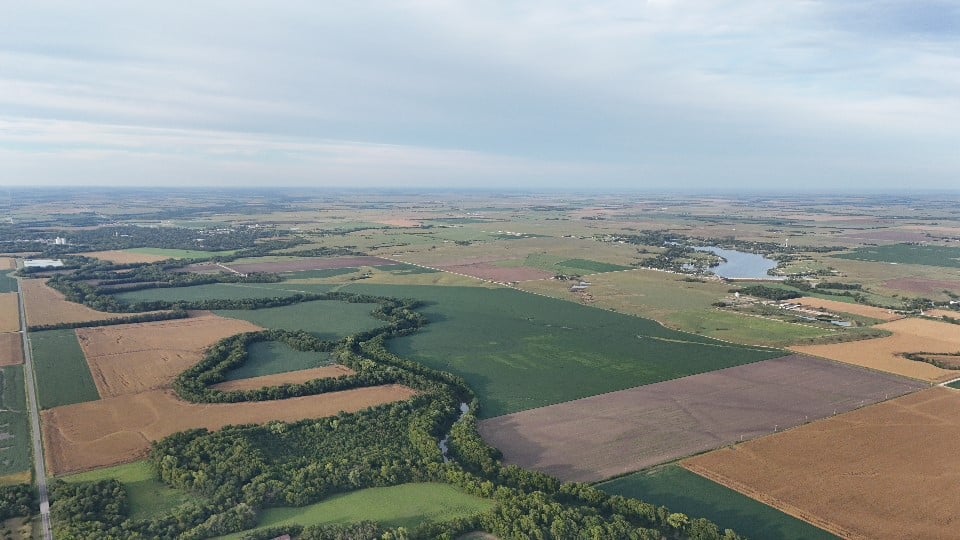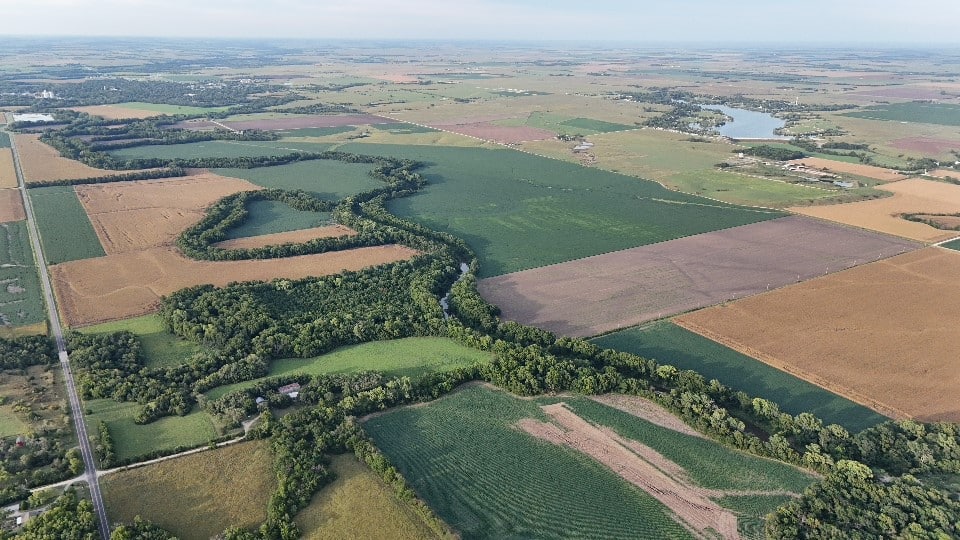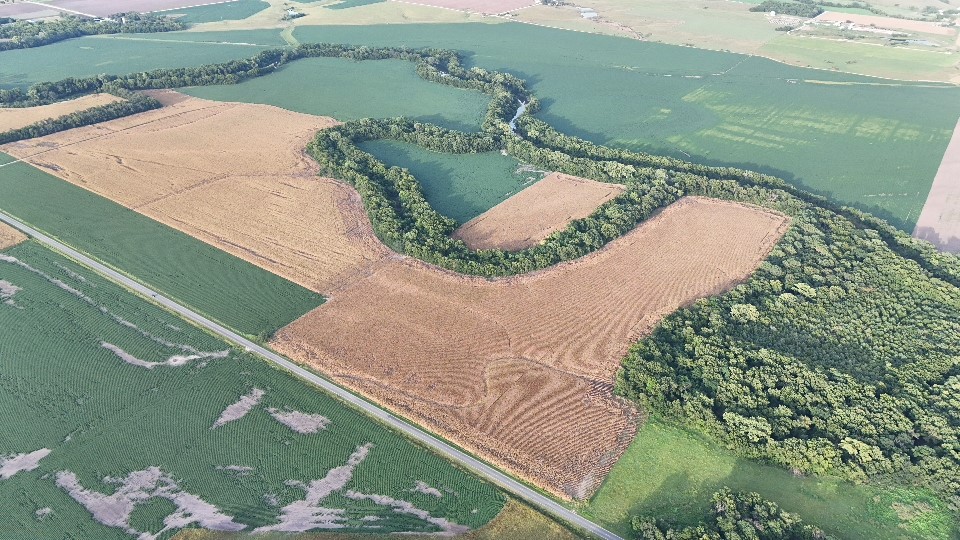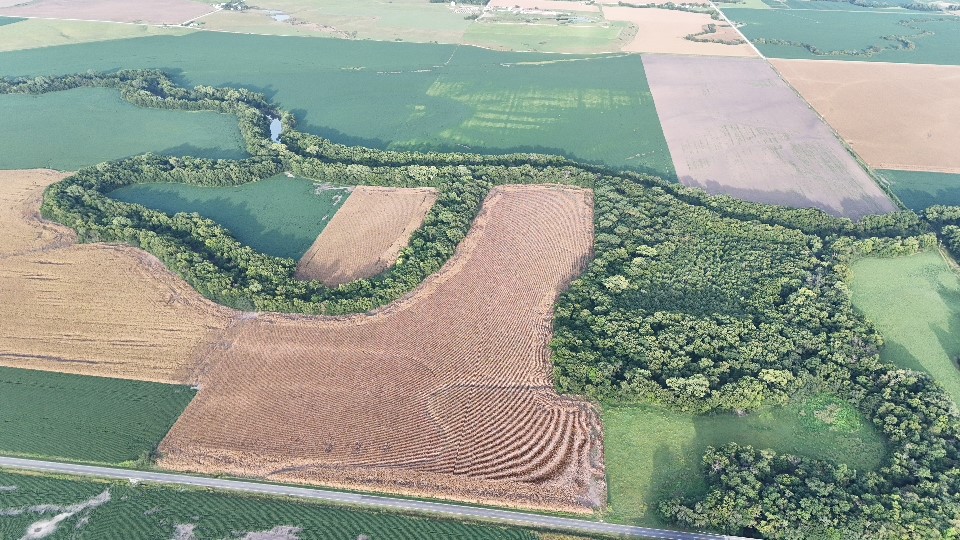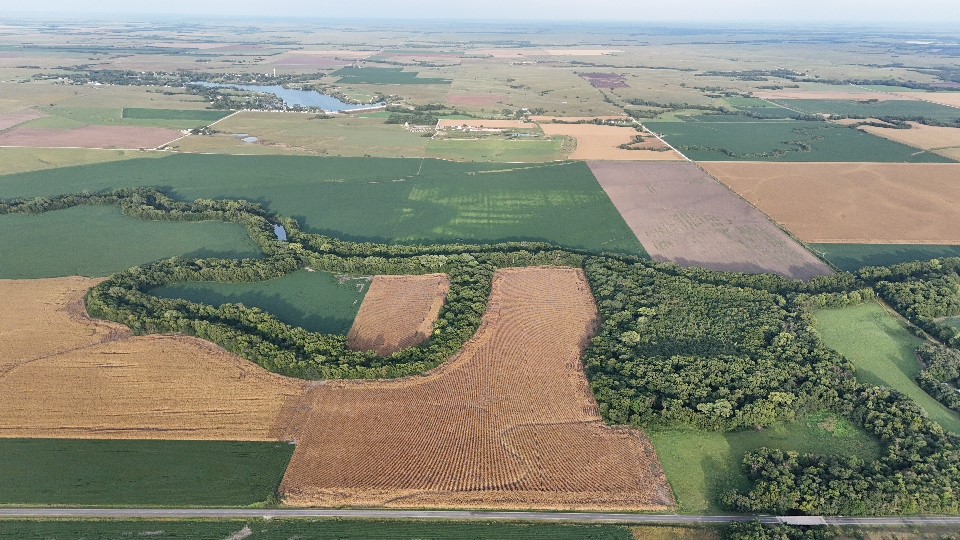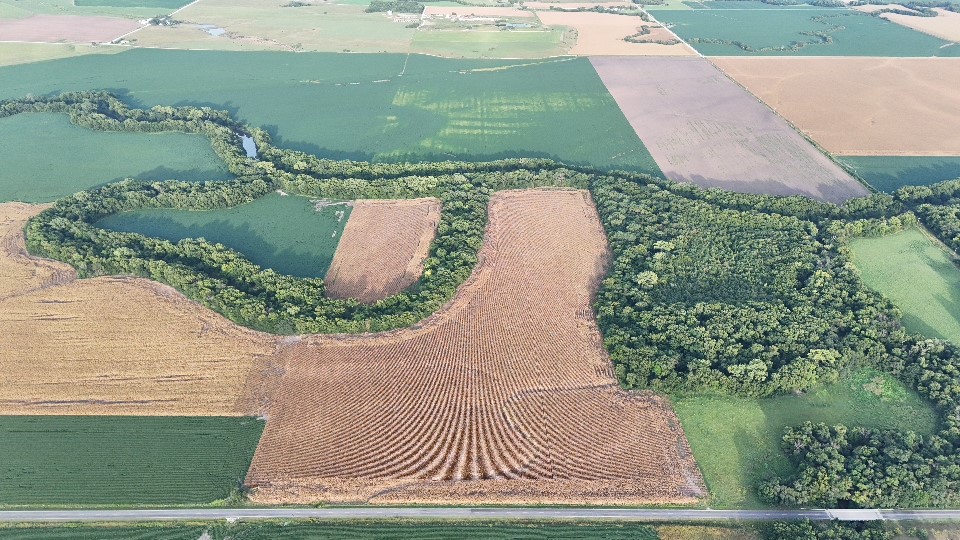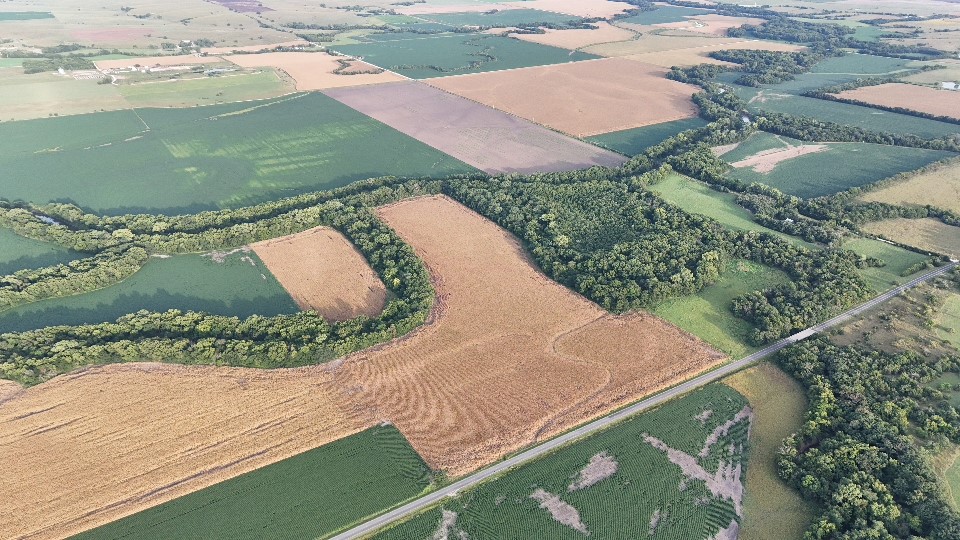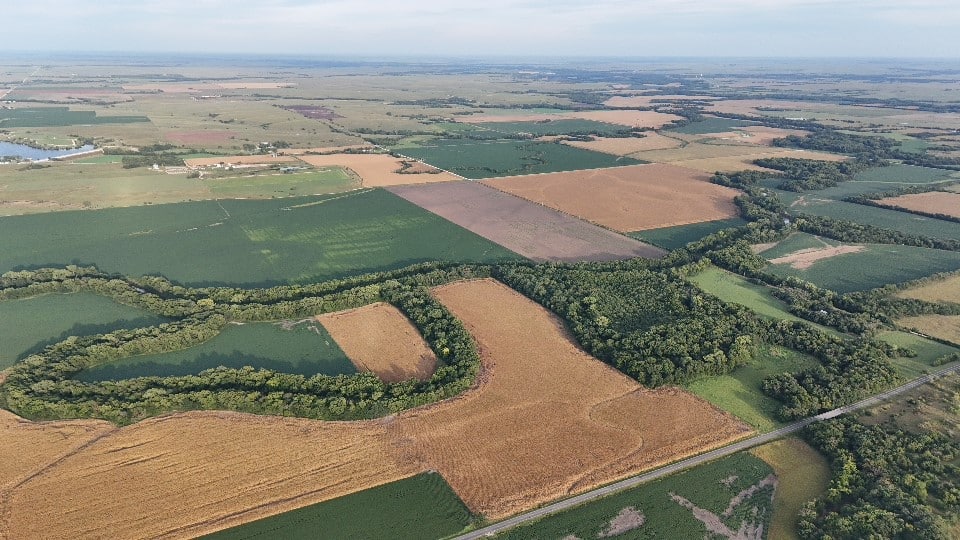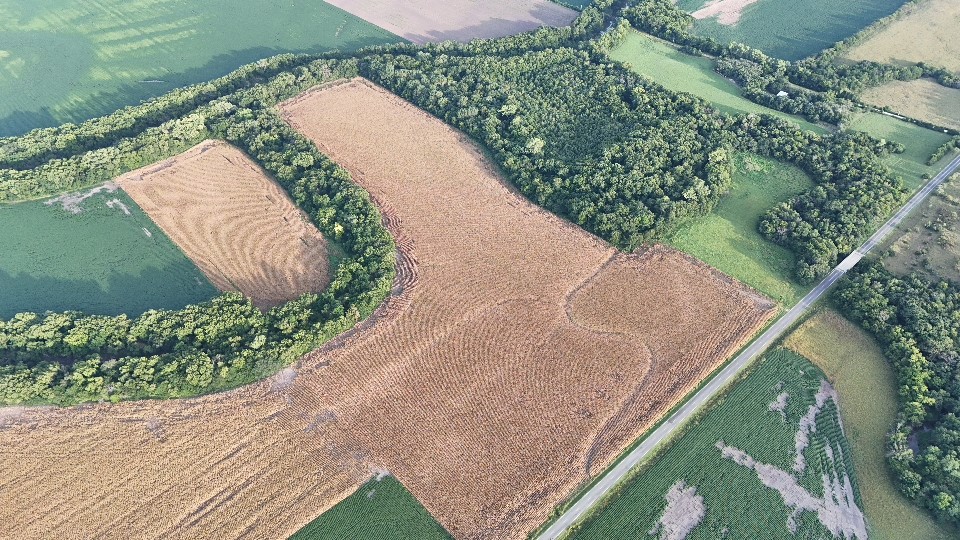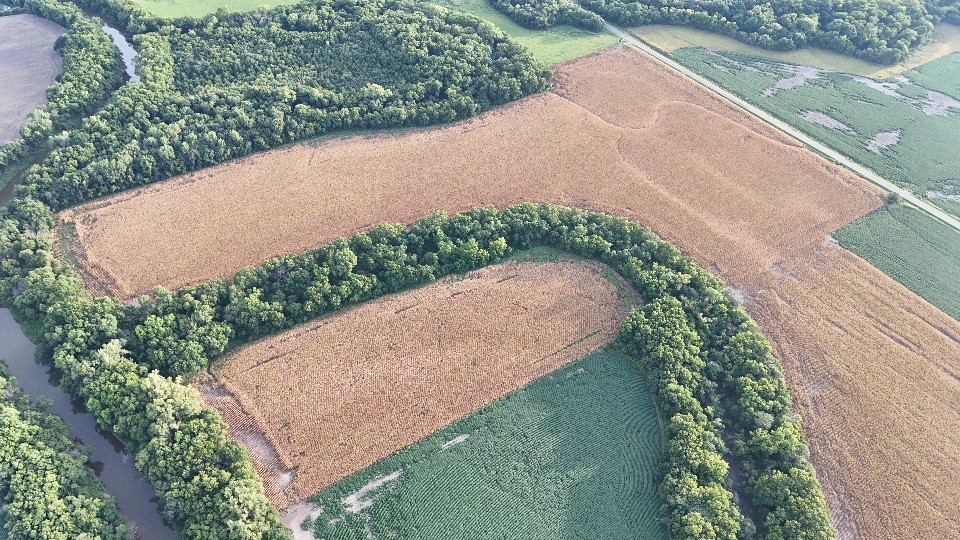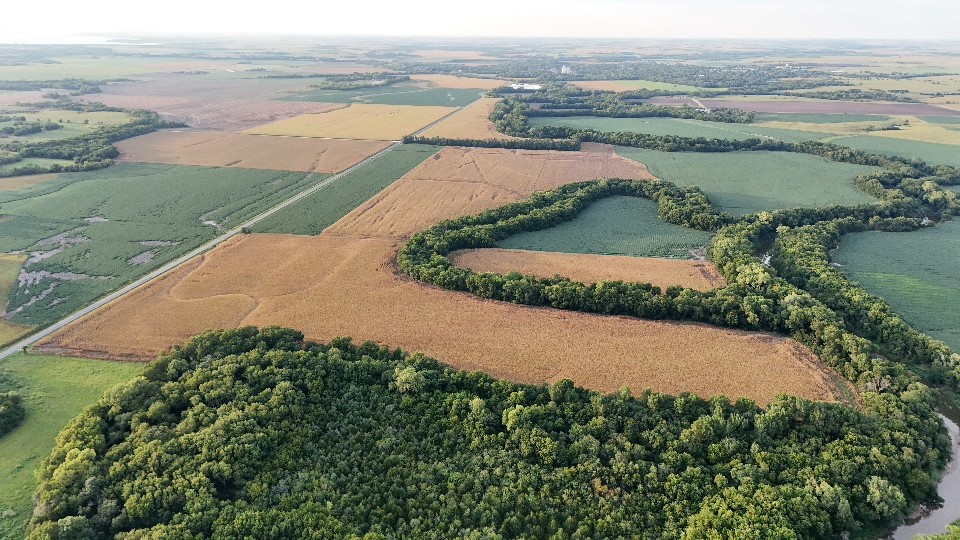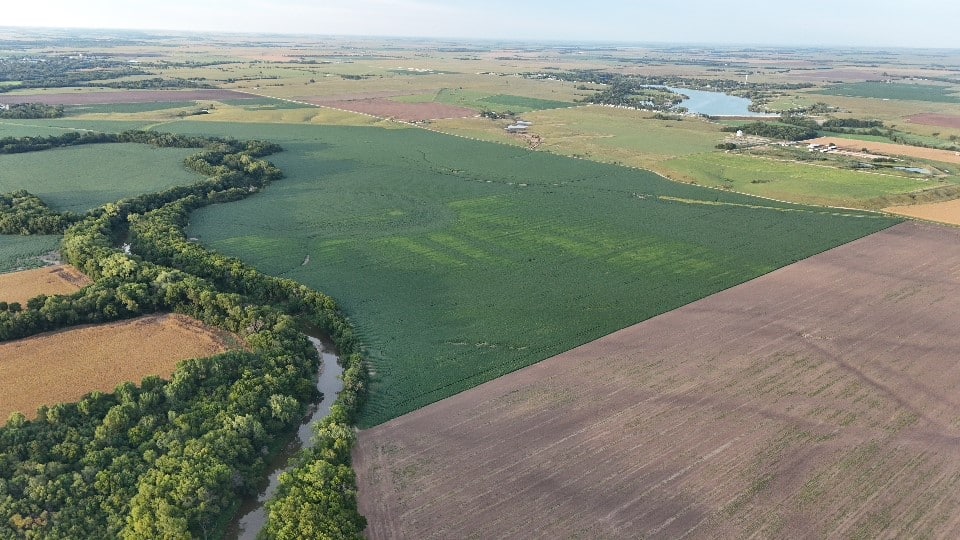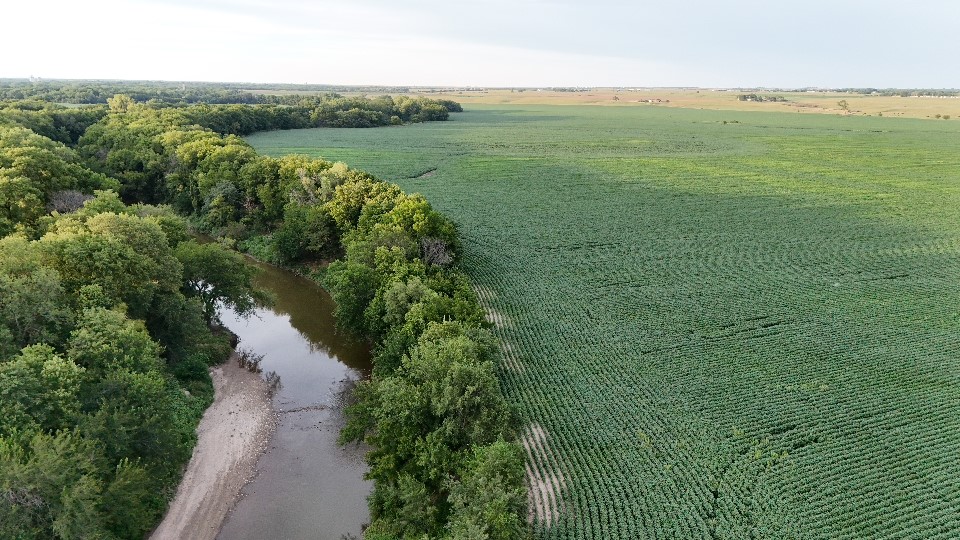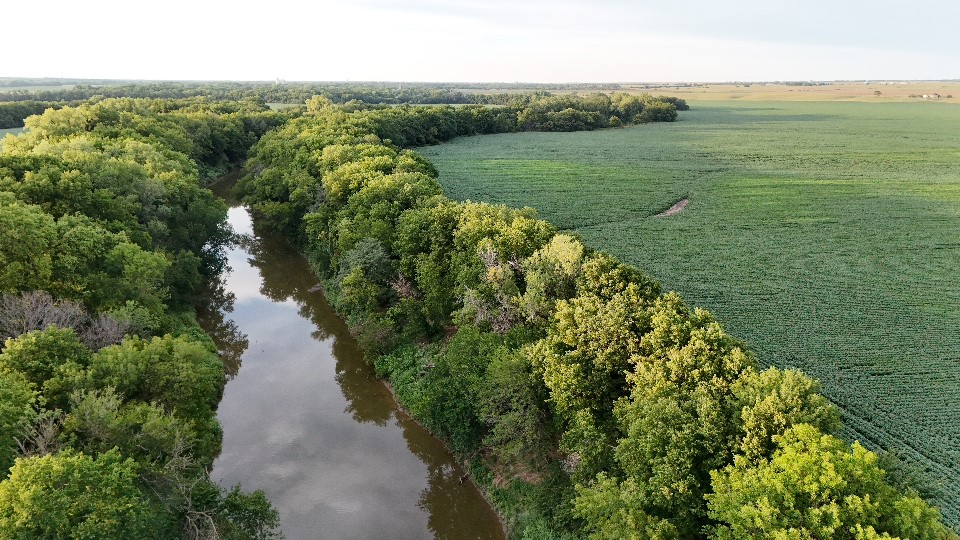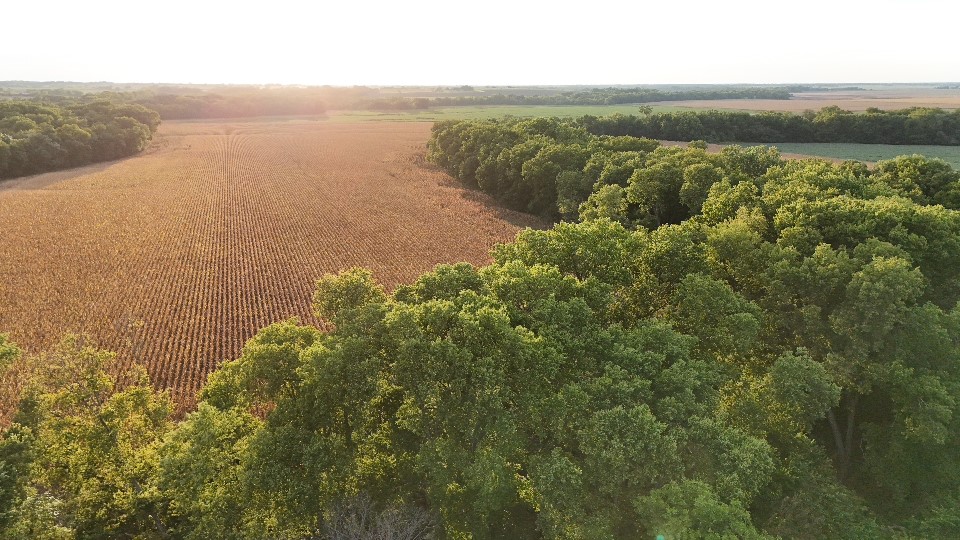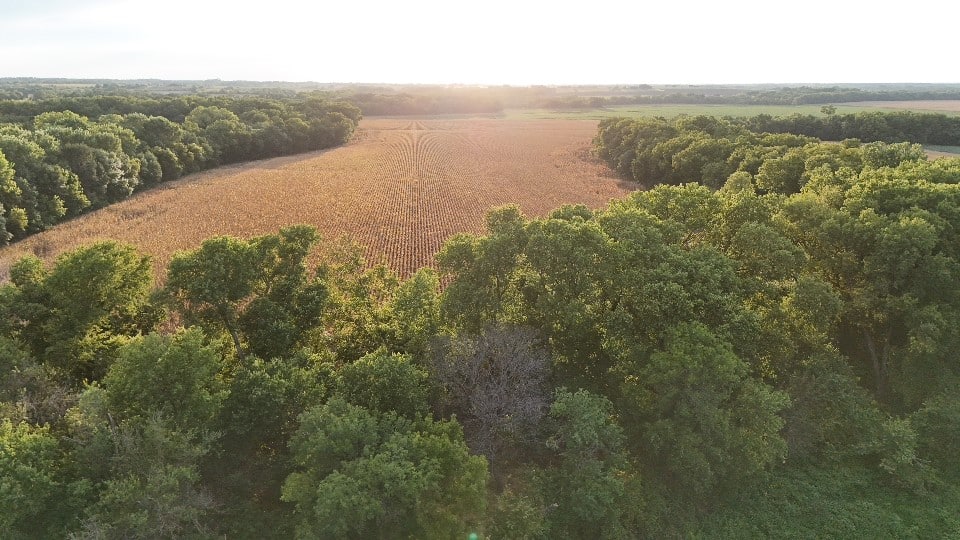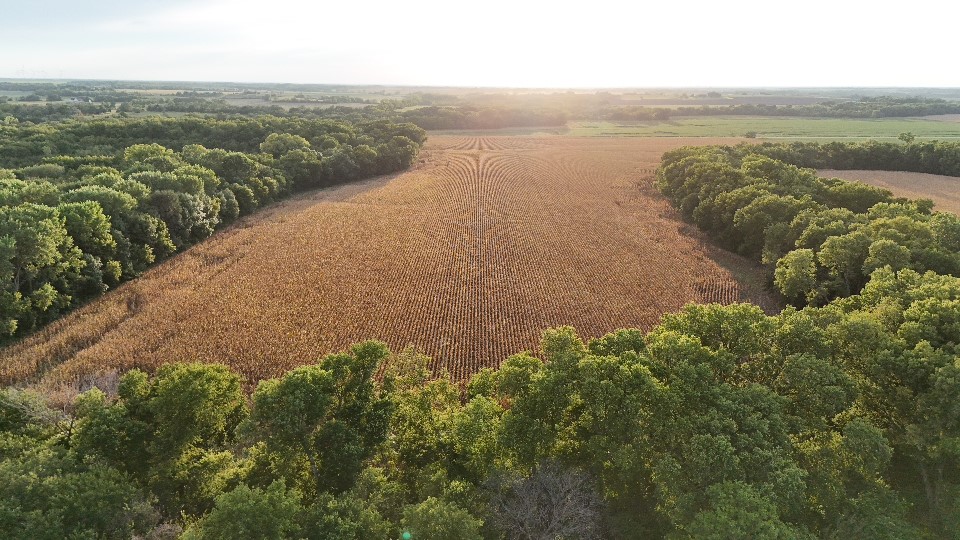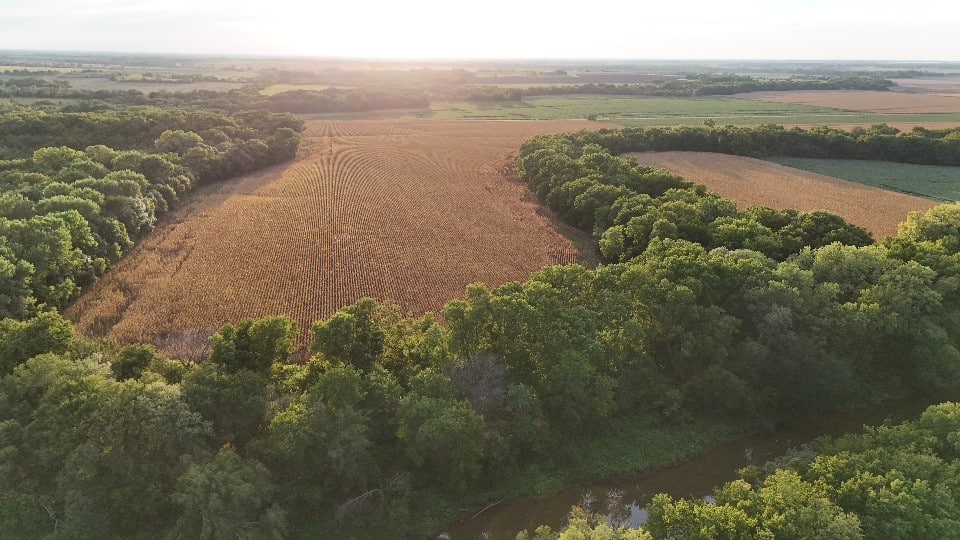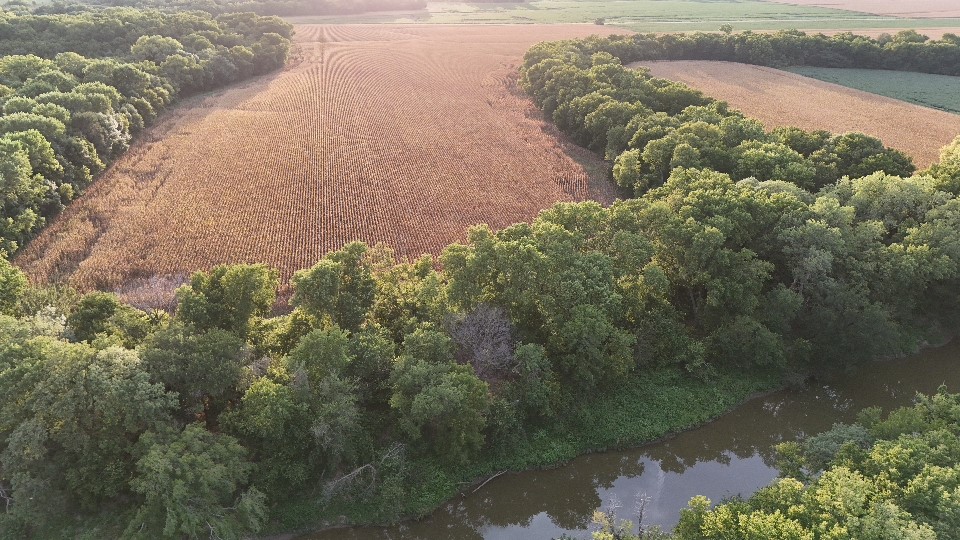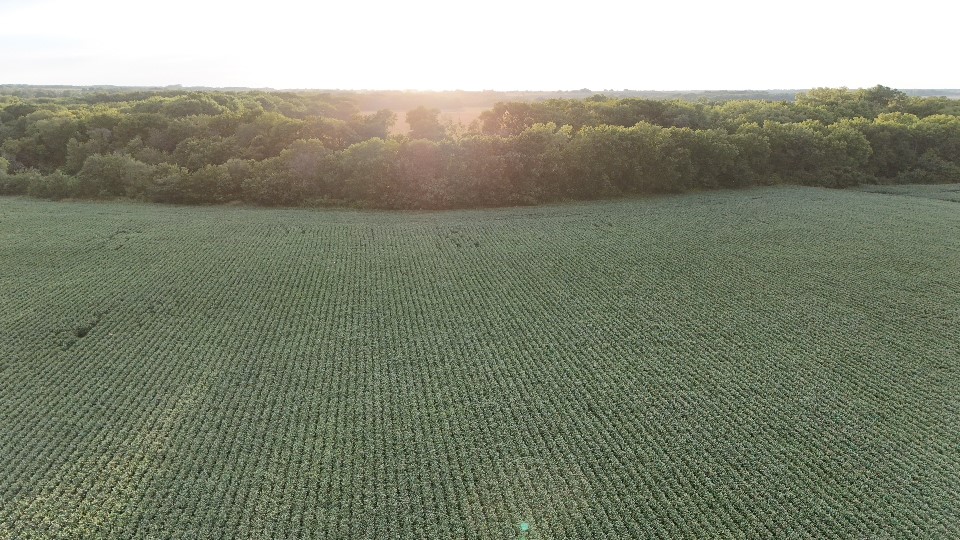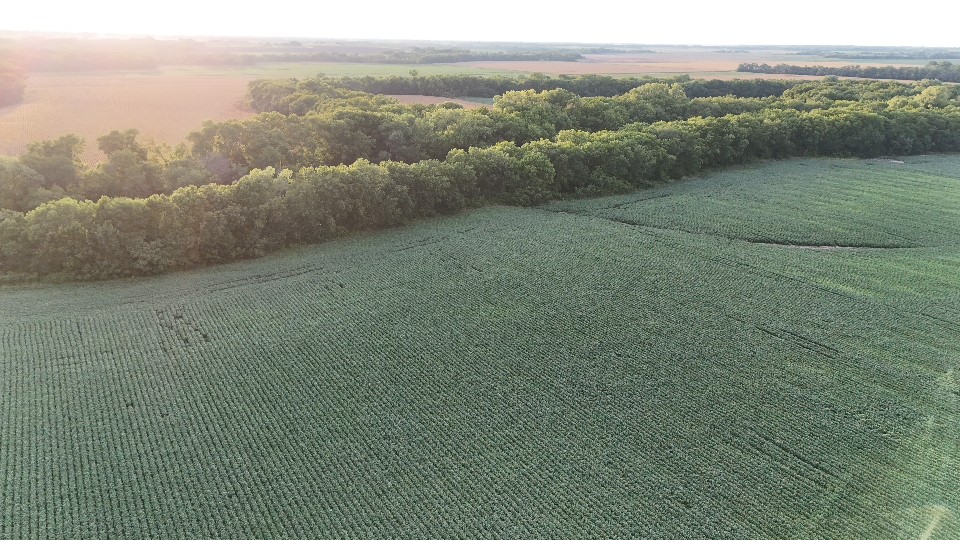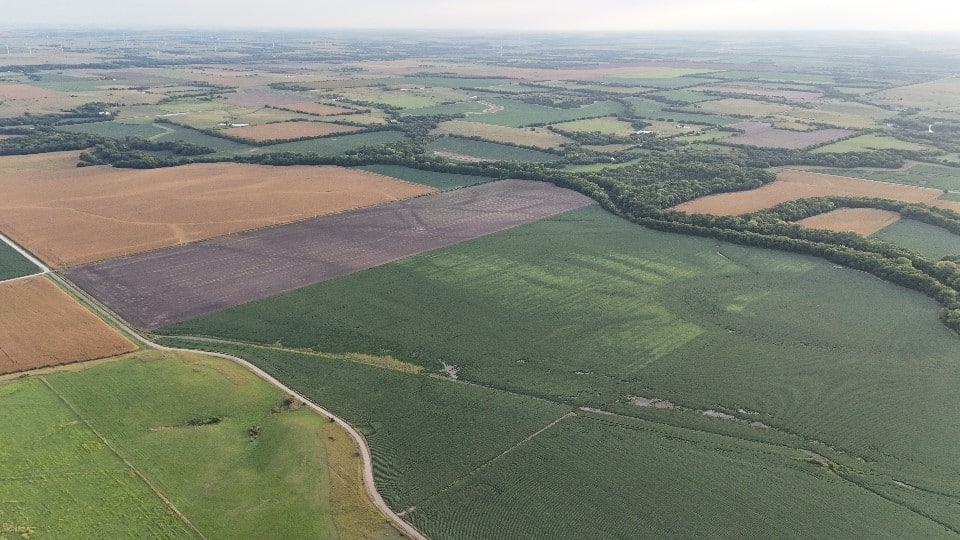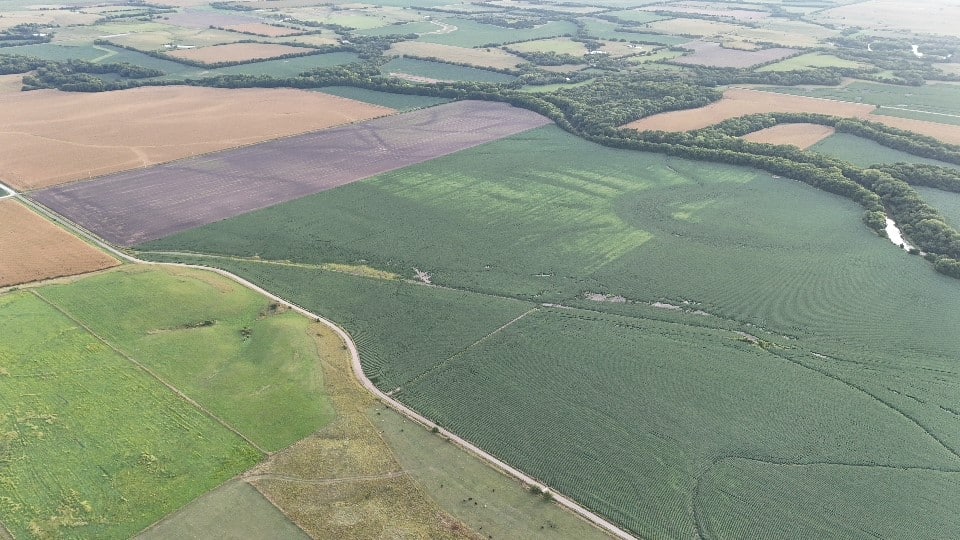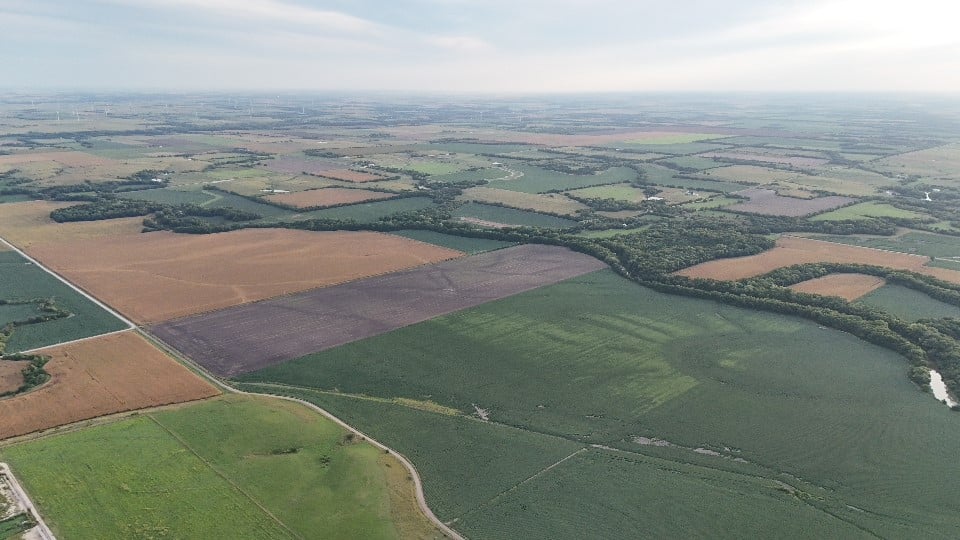Marion County, Kansas, is a rural county located in the central part of the state, known for its scenic landscapes, small-town charm, and agricultural roots. Here’s a detailed overview of what makes Marion County unique:
Location and Geography
Marion County is situated in central Kansas, with a land area of about 953 square miles. Its rolling hills, prairies, and farmlands are typical of Kansas' Great Plains region, providing scenic views and a peaceful rural atmosphere. The county is bordered by Dickinson, Morris, Chase, Butler, Harvey, McPherson, and Saline counties.
Two significant bodies of water define much of the recreational activity in the area:
- Marion Reservoir: A large lake popular for boating, fishing, camping, and wildlife watching.
- Marion County Lake: Another popular spot for outdoor enthusiasts, offering fishing, swimming, and picnic areas.
County Seat: Marion
The city of Marion, the county seat, was founded in 1860 and named after Francis Marion, a Revolutionary War general. It is home to about 1,800 residents and offers many essential services, including schools, healthcare facilities, and local businesses. The downtown area features historic buildings, some dating back to the 1800s, adding a touch of historic charm.
History
Marion County has a rich pioneer history, being part of the larger westward expansion of the United States in the 19th century. It was officially established in 1855. The Santa Fe Trail passed through the southern part of the county, which is now commemorated by historical markers.
The area was largely settled by European immigrants, including German and Mennonite communities, who played a significant role in shaping the culture and agricultural development of the county. Peabody, one of the towns in Marion County, has several buildings listed on the National Register of Historic Places and boasts Victorian architecture.
Population
As of recent estimates, the population of Marion County is around 11,000 people. The population density is low, providing ample space and a close-knit community atmosphere typical of rural areas. Towns in Marion County include Marion, Hillsboro, Peabody, Florence, Goessel, and several smaller communities and townships.
Hillsboro, one of the larger towns, is home to Tabor College, a private Mennonite liberal arts college. The town is also a center for commerce and cultural events in the county.
Economy
Marion County’s economy is primarily driven by agriculture, with wheat, corn, soybeans, and cattle farming being common. The county's rural landscape and fertile land make it ideal for farming. Additionally, there is a growing interest in agribusiness and eco-tourism.
Small businesses, manufacturing, and educational services also contribute to the local economy. Tabor College in Hillsboro provides educational and employment opportunities and is an important institution for the area.
Outdoor Recreation
Marion County offers a wealth of recreational opportunities:
- Marion Reservoir: Offers fishing for species like catfish, bass, and crappie, along with birdwatching, camping, and hiking.
- Marion County Park and Lake: Popular for its serene setting, ideal for family outings, swimming, and fishing.
- Hiking and Trails: The surrounding prairie and Flint Hills region provide plenty of hiking, birding, and nature-watching activities.
The wide-open spaces and gentle rolling hills make it a great place for those who enjoy outdoor activities like hunting, fishing, and hiking.
Community and Culture
Life in Marion County is community-focused, with a variety of local events, festivals, and activities. These include:
- Hillsboro Arts and Crafts Fair: A well-known event that draws visitors from across the region.
- Old Settlers Day: An annual event in Marion that celebrates the county’s pioneer heritage with a parade, games, and family-friendly activities.
- Peabody’s Fourth of July Celebration: One of the oldest continuous Independence Day celebrations in Kansas, featuring a large fireworks display.
Cultural institutions like museums, local theater productions, and historical societies help preserve and promote the county’s rich history.
Education
Marion County offers public education through several school districts, including USD 408 (Marion-Florence), USD 410 (Hillsboro), and USD 398 (Peabody-Burns). Additionally, Tabor College in Hillsboro provides higher education opportunities.
Climate
Marion County experiences a typical Midwestern climate, with hot summers and cold winters. Summers are ideal for outdoor recreation at the county's lakes and parks, while winters bring occasional snowfall. The area gets about 35 inches of rainfall per year, supporting the agricultural industry.
Transportation and Accessibility
The county is connected by several major highways, including U.S. Route 56 and Kansas State Highways 15 and 150. While it’s largely rural, Marion County's proximity to Wichita (just over an hour's drive) offers access to urban amenities like airports, shopping centers, and cultural attractions when needed.
Local Government and Services
Marion County is governed by a Board of County Commissioners and has various departments that oversee public services, including law enforcement, emergency services, road maintenance, and health services.
Why People Live in Marion County
Many people choose to live in Marion County because of its rural charm, affordable living, strong community values, and opportunities for outdoor recreation. It offers a quieter, more relaxed lifestyle while still providing essential services and being within driving distance of larger cities like Wichita and Salina.
Marion County offers a great balance of peaceful country living with rich history, a friendly community, and ample outdoor recreation options.
